For a huge movie geek, trying to come up with a list of patriotic movies in honor of Independence Day is tricky. Sure, I could just choose “Independence Day,” but sadly, despite its title, that movie’s a little off-topic.
I could choose gung-ho stuff like “Top Gun,” “Rambo: First Blood Part II” or “The Patriot,” but lunkheaded, vaguely racist, historically challenged nonsense makes my national pride all sad inside.
Nope, to fit my criteria for a patriotic movie, a film’s got to contain ideas and sequences as complex as America itself, that embrace the many contradictions involved in being a true, thinking United States citizen, all the while instilling the hope present in every real citizen of this country that we can rise above. That we can be better.
“MATEWAN”: One sequence in John Sayles’ excellent 1987 film about a 1920 West Virginia coal miners’ strike strikes me as quintessentially American.
The three distinct camps of striking miners (the poor local whites, the newly arrived Italian immigrants and the itinerant black workers), all kicked out of company housing, live in uneasy proximity to each other in the woods.
One night, three disparate groups play music separately (the whites on a fiddle, the Italians a mandolin, the blacks a harmonica), when gradually, each player begins to harmonize with the unseen sounds drifting through the night, finally creating something unique together in the darkness. Subtly, stirringly American at least, until the bosses’ thugs start shooting. (As to why a tale of workers banding together in the face of corporate and governmental efforts to set them against each other and destroy their union should resonate in Maine at the moment, well …)
“YANKEE DOODLE DANDY”: See, I can be corny. Actually, this 1942 musical biopic of patriotic songsmith George M. Cohan remains pretty irresistible, since he’s played by James Cagney, who imbues Cohan’s life with an infectious energy and charisma.
Sure, he dances more like a boxer — all minimalist nimble footwork and boundless enthusiasm — and his song styling is a sing-talky notch away from his normal speaking voice. But Cagney’s verve at the service of Cohan’s “hooray for the USA” life story makes you want to pick up a gun and go fight the Nazzys.
“BIG TROUBLE IN LITTLE CHINA”: I just always thought that Kurt Russell’s macho, blustery, gung-ho, yet not terribly bright hero Jack Burton in John Carpenter’s 1986 comedy/action cult classic embodies the soul of America like no other character in screen history.
“SAVING PRIVATE RYAN”: As stunning as the virtuoso, opening Omaha Beach sequence is (and it is), Steven Spielberg’s 1998 WWII epic loses some of its power for me once the titular gimmick kicks in (and the final battle is especially “Hollywood”). But the present-day epilogue where the old man asks his wife to reassure him that he has led a good life and is a good man brings things back in a uniquely patriotic way.
For all of the cynical uses of soldiers’ sacrifices by the manipulative, and for all the cynicism people (like me) maintain about that exploitation, those sacrifices on our behalf are real. The innate need to feel worthy of that sacrifice is American, in the purest sense.
“DAVE”: I’m a sucker for movies where a naively patriotic hero comes face-to-face with some ugly truths about “how things really work” in government and wises up, while maintaining his core beliefs in the ideals he feels the country stands for. And I’m a sucker for this fanciful, yet stirringly patriotic, 1993 tale of a cheerful social worker (Kevin Kline) who makes a side living impersonating the sitting president for whom he’s a dead ringer.
When the (unscrupulous, cynical) president is incapacitated, Kline’s Dave is swept up in a Cheney-like advisor’s scheme to have this unwitting dupe take his place only the dupe discovers the dirty business of politics is undermining his idea of America, and starts scheming back.
Like the next film on the list, “Dave” ends up with a big, dramatic gesture that serves to remind the country that losing sight of the ideals of government leads to, well, bad government.
“MR. SMITH GOES TO WASHINGTON”: Like another beloved Frank Capra film, “It’s a Wonderful Life,” people often dismiss this still-stirring 1939 patriotic drama as “Capra-corn.” (A term that should be retired, thanks.)
Sure, Jimmy Stewart’s Jefferson Smith is a naively patriotic rube when he gets hand-picked to fill a deceased senator’s seat. But when he, too, finds out the government trucks in dirty deals and corruption whilst waving the flag, his idealistic belief in America sustains him as he desperately appeals to senators’ better natures (and tries to clear his unjustly besmirched name) with a days-long filibuster.
Stewart’s great, of course. And the scene where he, nearly out on his feet, sees hundreds of letters from his home state telling him to give up (the American public easily swayed by slanted journalism!?) and everything he believes in starts crumbling around him, but he shakes it off and continues before collapsing on the Senate floor — well, excuse me, but I think there’s something in my eye.
Maybe that’s what the movies do best, at their best — grand, foolish, idealistic gestures that remind us that the way things are is not the way things have to be.
Dennis Perkins is a freelance writer who lives in Portland.
Send questions/comments to the editors.

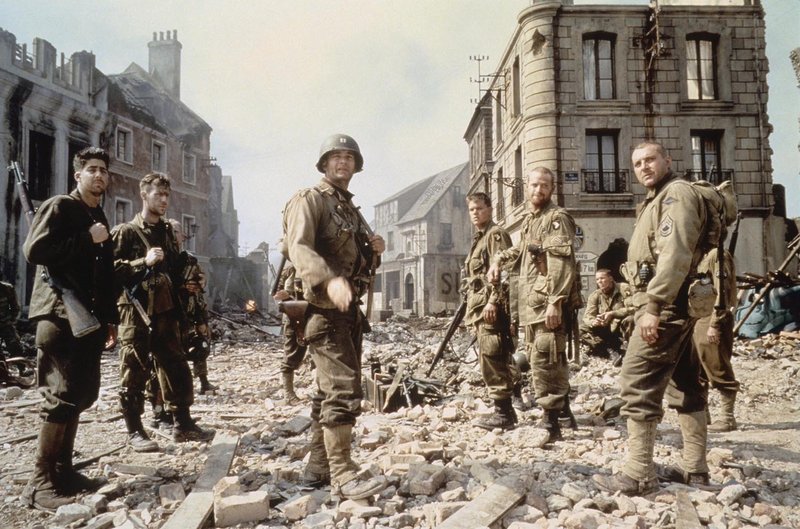
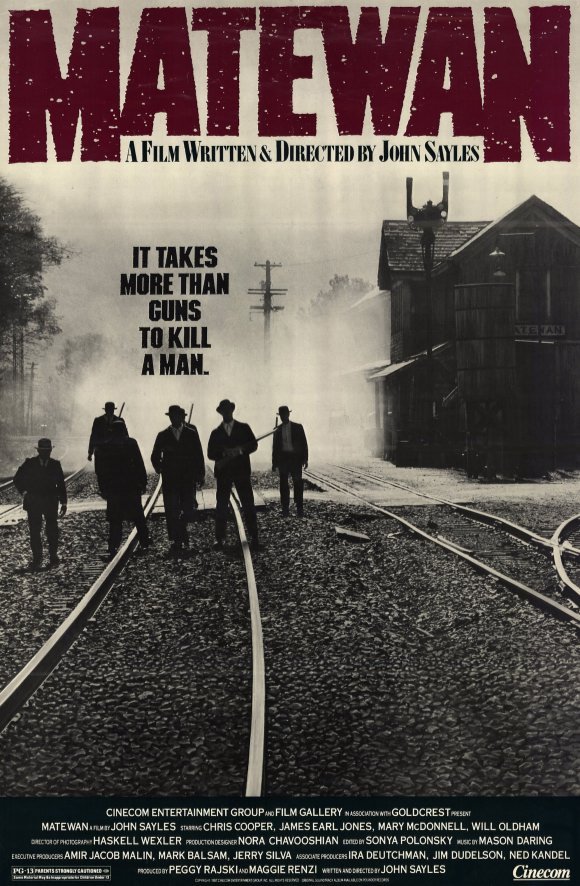
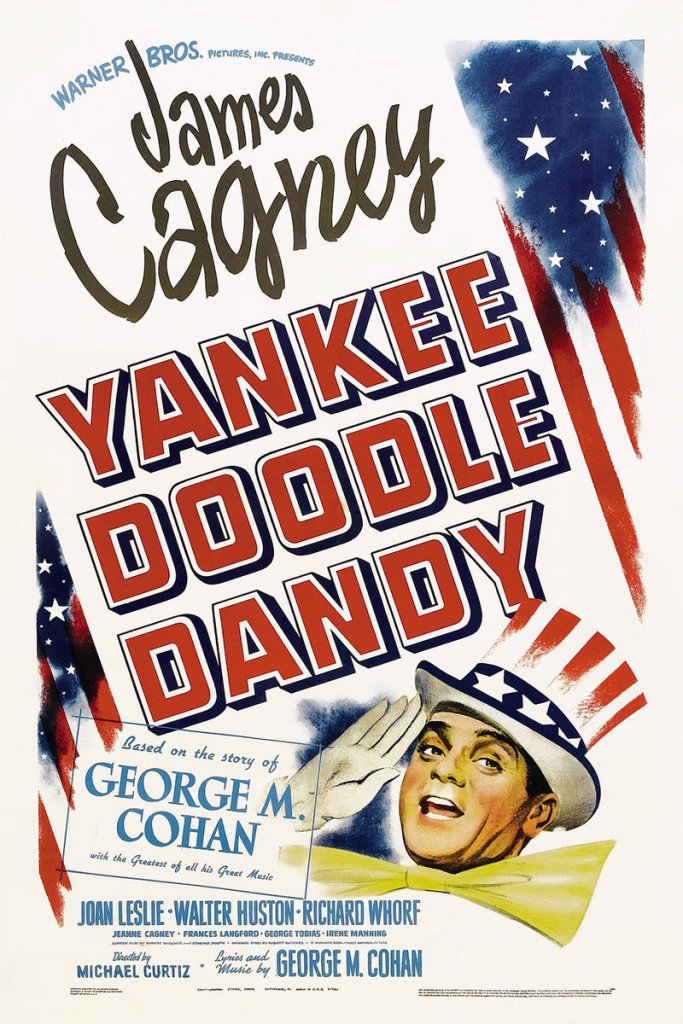

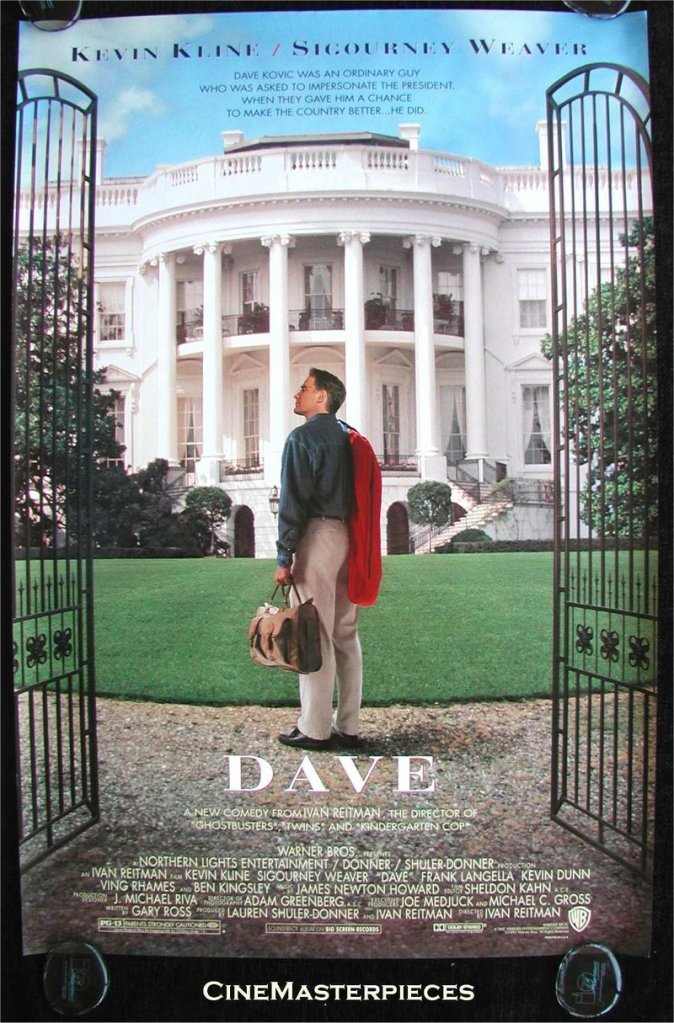
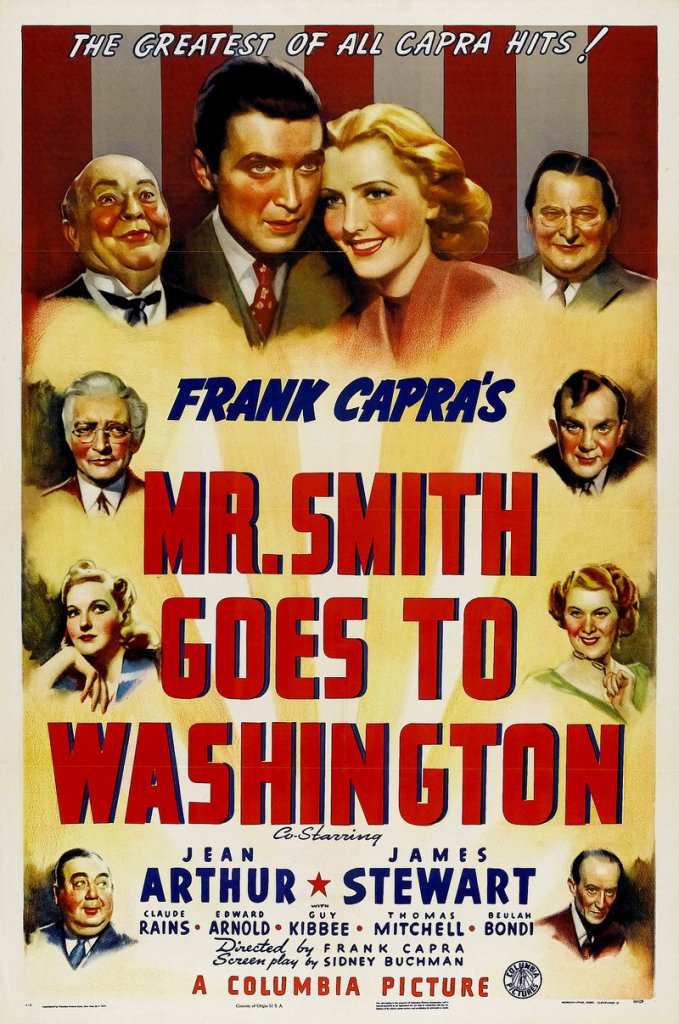

Success. Please wait for the page to reload. If the page does not reload within 5 seconds, please refresh the page.
Enter your email and password to access comments.
Hi, to comment on stories you must . This profile is in addition to your subscription and website login.
Already have a commenting profile? .
Invalid username/password.
Please check your email to confirm and complete your registration.
Only subscribers are eligible to post comments. Please subscribe or login first for digital access. Here’s why.
Use the form below to reset your password. When you've submitted your account email, we will send an email with a reset code.